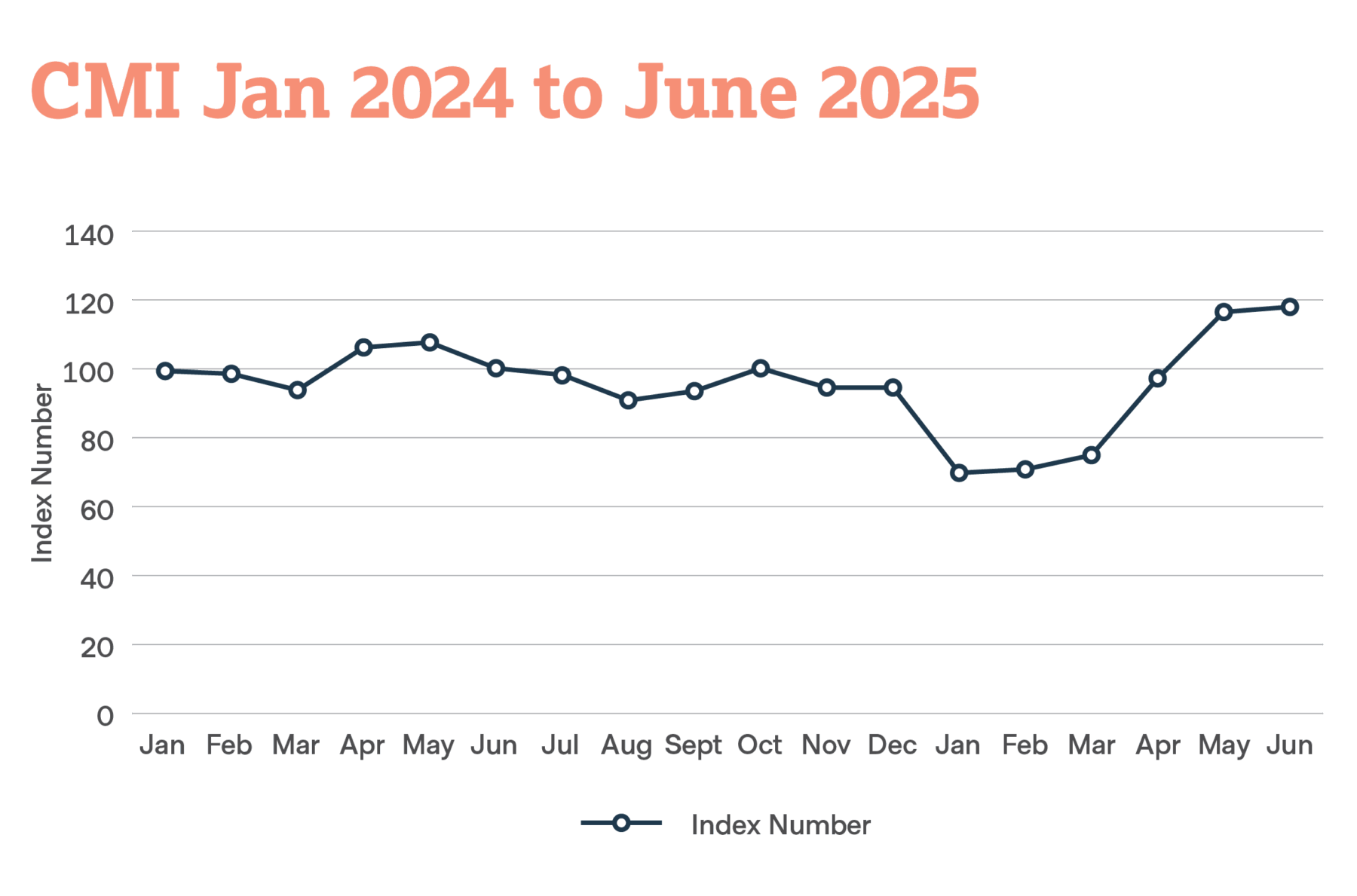In light of the impacts of the coronavirus (COVID-19), nation states and businesses are reacting by implementing robust mitigation measures.
We are already seeing impacts of COVID-19 (and the mitigation measures), on domestic and international trade and commerce, capital flows, tourism, and migration. As a result, our firm is receiving questions about the contractual rights (force majeure) and common law / statutory rights (frustration) available to deal with the consequences of these mitigation measures and COVID-19.
But how does this relate specifically to borrowers and lenders and how will COVID-19 impact on their financing arrangements?
Force majeure and frustration – the reality for borrowers and lenders
Borrowers under a facility agreement have little room to argue that the recent COVID-19 outbreak releases them from their repayment obligations. Unlike many commercial contracts, facility agreements typically do not include a ‘force majeure’ clause. The common law ‘frustration’ doctrine is also unlikely to be helpful, as the outbreak will not make payments of money impossible, or change the fundamental premise of the commercial transaction. It is also not certain that insurance will respond, and it is unlikely to respond outside of specific trade insurances (although even in those pandemics may be an exclusion).
Accordingly, both lenders and borrowers will need to carefully consider the possible ramifications of this outbreak under their finance documents.
Material adverse effect
Most facility agreements, particularly those based on Asia Pacific Loan Market Association (APLMA) documents, will have Material Adverse Effect (MAE) provisions. These may appear as repeating representations and warranties or as events of default.
Though MAE provisions are common, they are frequently negotiated and therefore will need to be considered on a case by case basis.
Some documents may define MAE broadly as events impacting on an obligor’s ability to perform its obligations under the finance documents. Others may use a much narrower definition which is only triggered where a particular business or operation is impacted, or where the entire obligor group is affected.
Unless the relevant agreement gives either party the power to determine an MAE, it is ultimately a matter of contractual interpretation as to whether an MAE has occurred and it may be argued for or against by either party to advance negotiating positions.
Whether lenders would use MAE as a means of defaulting a facility is uncertain, however it might be unlikely as was the case during the global financial crisis.
Cessation of business
Facility agreements (such as those based on APLMA documents) may include an event of default for all or a material part of an obligor’s business ceasing or being suspended.
Businesses with heavy reliance on suppliers from the Asian markets where the COVID-19 has a stronger foothold will be at a higher risk of this event of default being triggered. This is particularly true for companies that are unable to weather the storm of a supply chain disruption and are forced to temporarily close up shop.
Like MAE, there are subjective elements that may be argued by either parties, for example, what constitutes a ‘material’ part of the business and how long of an interruption constitutes a ‘suspension’ of the business.
Financial covenants
Many financing documents include borrower obligations to demonstrate that it is maintaining certain prescribed financial ratios. These are usually objectively determined by the financial reports that borrowers are required to provide to the lenders on a periodical basis.
For most businesses, financial covenants that have earning inputs (for example debt-to-income ratio and interest coverage ratio) are more likely to be adversely impacted by the outbreak of COVID-19 than those that do not (for example loan-to-value ratio).
Depending on the circumstances, borrowers may need to consider altering their short term business strategies – delaying dividend distributions or substantial asset acquisitions – to ensure that financial covenants are not breached.
Material documents and cross-default
Ultimately, borrowers need to be mindful of their obligations under commercial arrangements generally.
Most project financing agreements will involve borrower undertakings to ensure that there aren’t any defaults under, or changes made to, material commercial contracts (for example supply contracts and construction agreements).
Further, failure to meet payment obligations with its trading partners and other commercial arrangements can trigger an event of default under the financing agreement for cross default. Cross-default provisions often include a threshold value for when the event of default is triggered, and borrowers may benefit from paying close attention to these to prioritise payment obligations.
Business days
This year, the Chinese Government issued a directive to extend the Luna New Year holidays to further reduce the spread of COVID-19.
This move raises an important point about ‘business days’, which are usually defined as days on which banks are open for general business in a particular city. Similar strategies in different cities may result in certain dates ceasing to be business days under particular financing agreements. As such, caution should be taken in calculating business days.
Practical considerations
The uncertainty surrounding the extent of the COVID-19 outbreak makes decision making for both borrowers and lenders challenging. Travel bans, factory shutdowns and a range of other mitigation protocols have already caused substantial harm to businesses in multiple sectors. Further, the World Health Organization has now declared the outbreak as a pandemic.
From a reputational standpoint, lenders will want to be wary about jumping the gun on calling defaults. Lenders will want to avoid being labelled as the financiers that abandons business in tough times, but if the effects of the outbreak are more significant and long lasting than hoped, lenders will have to consider ways to recover their capital.
Borrowers must also be ready to present their case on the viability of their business amid the COVID-19 outbreak. Lenders are likely to be more inquisitive and borrowers need to be able to demonstrate how any effects are contained or are otherwise managed.
Where lenders are being asked to waive breaches, borrowers should be mindful of additional fees being requested, such as consent fees, variation fees and even repricing, which was common during the financial uncertainty of the 2007-2009 financial crisis.
Borrowers that don’t have substantial financing on foot, may wish to consider obtaining greater lines of credit, such as overdrafts or working capital facilities, to tide them over if they have a liquidity pinch.
In short, a proactive approach from both sides is recommended to ensure that financing arrangements are not jeopardised as a result of the COVID-19 outbreak.
Partner
+61 7 3228 9318
The content of this publication is for reference purposes only. It is current at the date of publication. This content does not constitute legal advice and should not be relied upon as such. Legal advice about your specific circumstances should always be obtained before taking any action based on this publication. The article was previously published in the Thomson Reuters publication/website Practical Law Australia and copyright remains with Corrs.



